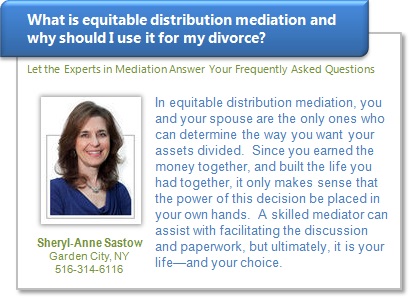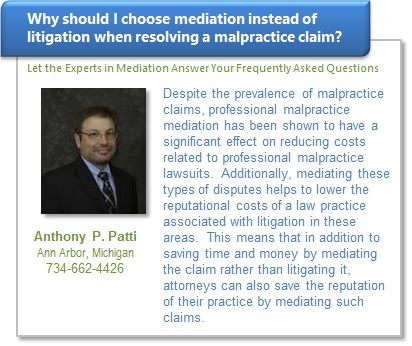10 Tips for a Successful Mediation – If your company is headed to a mediation, you’re in good company. A recent study of more than 350 Fortune 1000 companies showed that nearly all of them have used mediation in the last three years to resolve a dispute. Compared to other dispute resolution mechanisms, mediation can be attractive for any number of reasons, not the least of which is that you are the master of your own fate and you have the opportunity to resolve matters early on—privately and without the extended costs and risks of litigation.
How Do I Know if I Should Get a Divorce? – Choosing to divorce is a decision not to be taken lightly. It’s a life-changing choice that will affect you for many years to come — especially if you have children. While there’s no easy answer to the question,”How do I know if I should get a divorce?” there are certain things to consider that may help you determine the future of your relationship and whether divorce is the right option for you.
Bubble-Era Loans Still Represent Two-Thirds of U.S.Foreclosure Inventory – Now new foreclosure activity — foreclosure starts — have dropped to a more than eight-year low, according to RealtyTrac’s June 2014 U.S. Foreclosure Market Report. They are in effect back to normal levels they were at before the housing bubble burst in late 2006.







